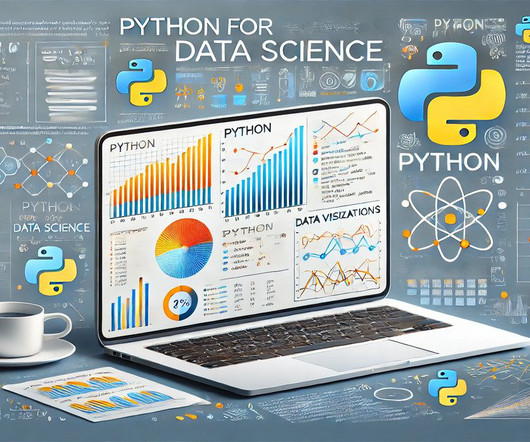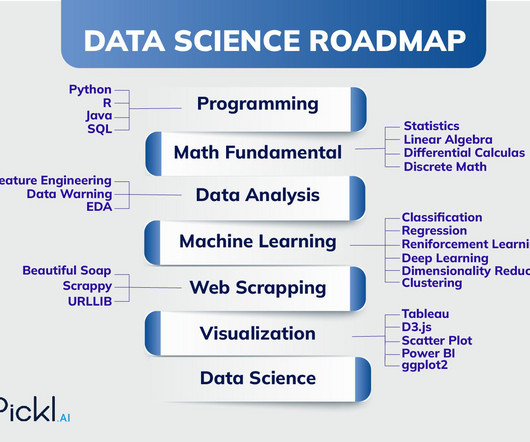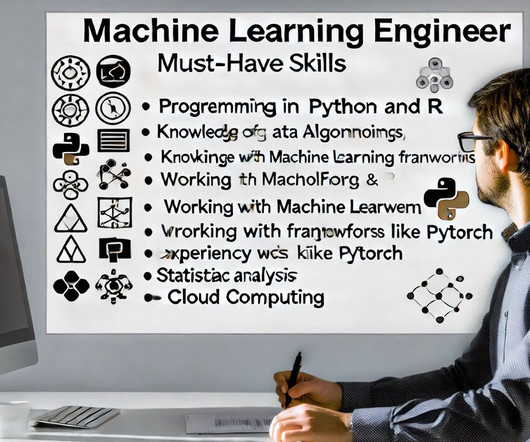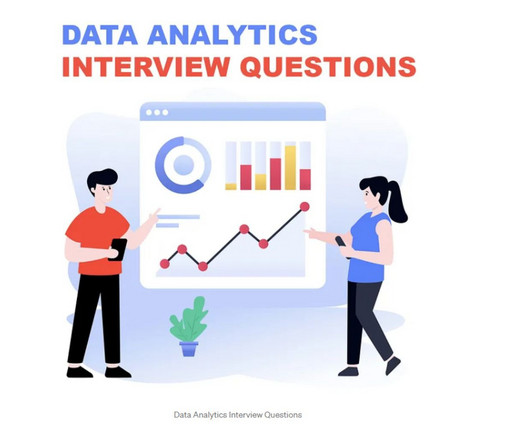How To Learn Python For Data Science?
Pickl AI
NOVEMBER 4, 2024
Statistics Understand descriptive statistics (mean, median, mode) and inferential statistics (hypothesis testing, confidence intervals). Additionally, attending webinars and local meetups can significantly expand your knowledge and connections. Webinars often feature industry experts who share practical insights and experiences.












Let's personalize your content